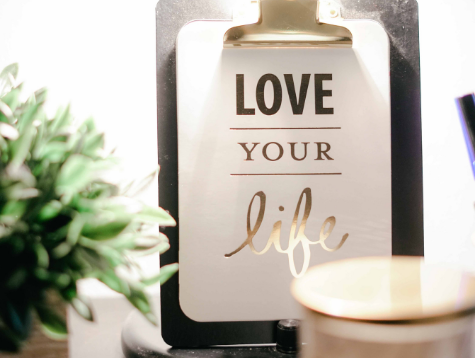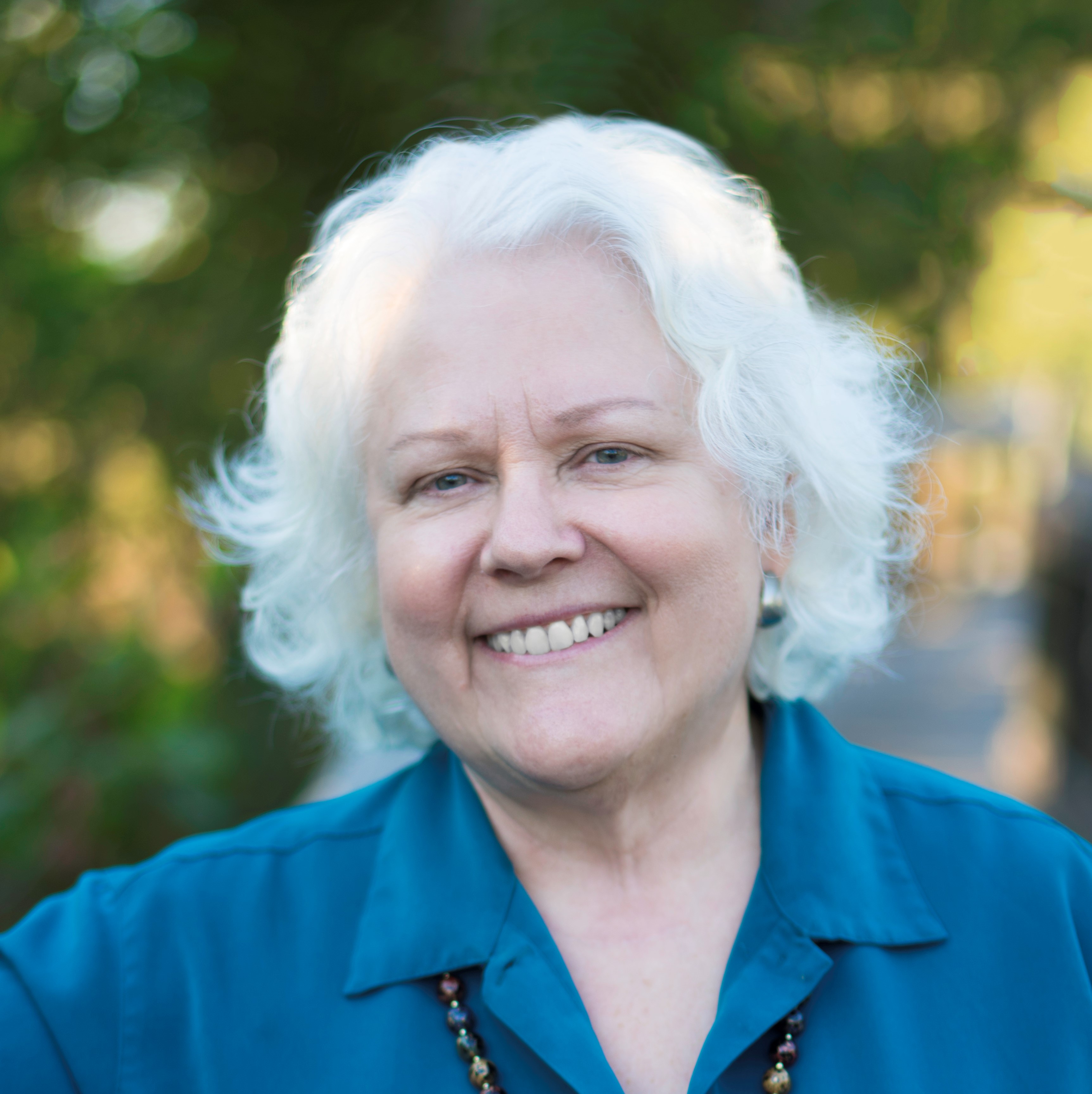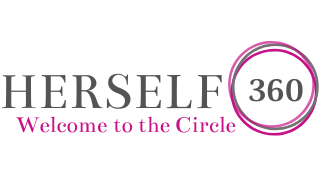How Do Beliefs Impact Your Life?
 We come into this world with a mostly clear subconscious, because we need to acquire beliefs that help us best survive the environment that we end up in. For the first seven years, we are little sponges trying to soak up all the rules from our family and community. Some of these rules are important for our survival and well-being, such as don’t touch fire and don’t run in front of a moving car. Oher rules are important for us so that we will be accepted in the group, like family and community customs and values. And then there are other beliefs that may or may not have served us well as children but are definitely not supporting our conscious goals now. These are the ones I’ll be addressing. They limit our lives in some way.
We come into this world with a mostly clear subconscious, because we need to acquire beliefs that help us best survive the environment that we end up in. For the first seven years, we are little sponges trying to soak up all the rules from our family and community. Some of these rules are important for our survival and well-being, such as don’t touch fire and don’t run in front of a moving car. Oher rules are important for us so that we will be accepted in the group, like family and community customs and values. And then there are other beliefs that may or may not have served us well as children but are definitely not supporting our conscious goals now. These are the ones I’ll be addressing. They limit our lives in some way.
It can be difficult to determine what those unsupportive beliefs are. The easiest place to start is to look at the gap between what your life is like and how you want it to be. Then you can examine the reasons for those differences. In my book, Your4Truths: How Beliefs Impact Your Life, I explore four categories of beliefs that impact the largest number of clients that I have seen. Basically, if you believe that you are safe, worthy, lovable, and connected to something larger than yourself, your life tends to be more enjoyable and fulfilling. These beliefs are closely tied to basic human needs. For this reason, when those needs are not being met, it causes stress.
 I’m going to focus here on one of those areas – believing that you are safe. Our bodies and minds are put together so that when we perceive danger, we create stress hormones, and our energies are all directed to parts of the body to help us survive a physical danger. Blood goes to arms and legs to help us escape or fight, and is directed away from less essential areas like our digestive system or the part of our brain that helps us make decisions. That’s great if we are actually in physical danger. But our subconscious beliefs cause us to see danger in many other situations. Many people spend a great deal of time in the flight, flight, or freeze response based on other types of fear.
I’m going to focus here on one of those areas – believing that you are safe. Our bodies and minds are put together so that when we perceive danger, we create stress hormones, and our energies are all directed to parts of the body to help us survive a physical danger. Blood goes to arms and legs to help us escape or fight, and is directed away from less essential areas like our digestive system or the part of our brain that helps us make decisions. That’s great if we are actually in physical danger. But our subconscious beliefs cause us to see danger in many other situations. Many people spend a great deal of time in the flight, flight, or freeze response based on other types of fear.
When we are little, we can learn that it’s not safe to be seen or heard. This can lead to a fear of success. Taking risks can be taboo in some families because it’s not okay to fail. It may be that your subconscious believes that it’s not all right to have too much money, based on beliefs that it’s bad to be greedy, or that people with money are different from people we know and like, or even that money is evil. Another limiting belief related to being safe (or not) is that there is a scarcity of something you consider essential to your well-being. This makes you feel anxious and competitive about getting access to whatever that is – it could be money, clients, eligible partners, or even time.
We could probably manage these fears if they came up occasionally and then went away and we got to reset. But many people live in a constant state of stress about these things. This can cause exhaustion, overwhelm, poor decision-making, inability to move forward with confidence – all sorts of states that don’t support us or our goals. Eventually, this can also lead to physical symptoms of stress in your body.
If you recognize some of the beliefs I mentioned, are you doomed? Is this just the way you are and everyone needs to accept that? Absolutely not! Just as life events can give you new beliefs at any age, you can also change old ones. Your subconscious isn’t easy to modify using logic, data, or will-power. But there are many other ways to rewrite them. I use a process called PSYCH-K® in my practice and with myself. There are other ways also, and I encourage you to find one that resonates with you.
Here are some clues from my book to help you think about whether some of your choices are based on fear:
1. Are there activities or situations that cause you to feel anxious when you think about them? (a physical challenge, spending money, making a sales call, or hosting a dinner party are all examples) Can you determine what about them causes that reaction?
2. How do you feel about trying to do something new? If it doesn’t go well, do you try again? If not, why not?
 3. Are you comfortable when people focus their attention on you? If not, do you know why?
3. Are you comfortable when people focus their attention on you? If not, do you know why?
4. Is there any resource in your life that you feel is limited (e.g., money, time, clients, available romantic partners)? What is the belief behind that? Does that belief really make sense?
5. Do you ever sabotage your own efforts? How? Why? How would it look if you succeeded? Does that feel good to you or does it stress you out thinking about it?
If you can see that you have beliefs that are limiting you, take some time to think about what your life could look like if you changed those to support your conscious goals. I wrote my book because there are so many people who struggle and get stressed out due to the fact that they have blocks that are keeping them from achieving their goals. They're limiting their ability or their desire to have a fulfilling life and they are making decisions based on what they fear versus what they want. Don’t settle for that. Find a way to live your best life!
Bio and media sites:
Judy Kane, a PSYCH-K® facilitator, believes people can identify and release subconscious beliefs that keep them repeating unhealthy, stressful patterns. The shifts her clients experience result in them finally achieving what they’ve longed to—with ease and comfort. She is the author of Your4Truths: How Beliefs Impact Your Life. Judy also hosts workshops and presents in group sessions, conferences, and on podcasts. Originally from Richmond, Virginia, she lives near Tampa Bay, Florida, usually with a rescued cat or dog (or two) as part of her household.
Your4Truths: How Beliefs Impact Your Life. Judy also hosts workshops and presents in group sessions, conferences, and on podcasts. Originally from Richmond, Virginia, she lives near Tampa Bay, Florida, usually with a rescued cat or dog (or two) as part of her household.
Website I Facebook I LinkedIn I Contact
Photo credits: Julia Avamotive IG @avamotive / Daniel Reche IG @danielrechef / Andrea Piacquadio IG @andreapiacquadio_ / Andres Ayrton / Natasha Fernandez IG @coralbellestudios






